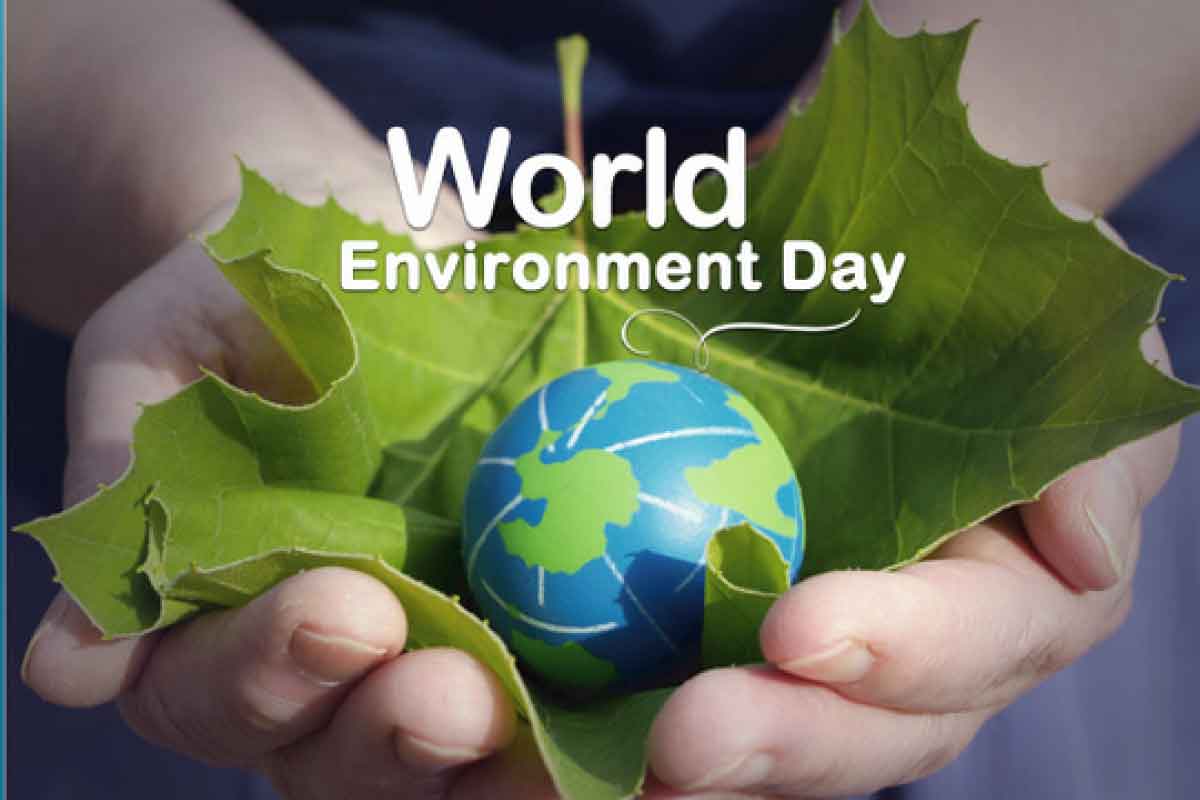
Dr Ibrahim Choji, Chairman, Board of Trustees, Climate and Sustainable Development Network (CSDevNet) says it behoves on all stakeholders to collectively recognise the interdependence of all life on Earth.
Choji said this in commemoration of the 2020 World Environment Day celebration with the theme, ‘Celebrate Biodiversity’.
World Environment Day is the most renowned day for environmental action, celebrated every year on June 5 to focus public efforts on a pressing environmental issue.
He called upon Nigerians to be guided by the shared misery caused by the recent global pandemic and recognise the fragile linkages that human health and existence have with nature.
“The naked realities of the economic and social insecurity we are faced with has never been more obvious.
“If we still fail to see the connection between human health, human rights, human progress with nature now, then we open ourselves to an even more ominous future”.
He said that as a country, Nigeria is blessed with great climate, enviable fauna, varied and exotic wildlife and other endowments of nature.
He however regretted that somewhere along the way, the country in its pursuit of industrialisation and development, adopted a pathway that has led to rapidly changing climate laced with extreme indicators of poverty.
“To find our way back to the days of our flourishing flora and ecosystem and wide vegetation types, we must all continue to find ways to co-exist with nature.
“Federal, State and Local Governments must ensure that we protect all remaining wild spaces, implement efficient systems of waste management, and adopt a circular economy’’.
The chairman said that the Nigerian government must ensure the observance of strong environmental impact assessments, implementation of all environmental guidelines and norms across sectors (especially extractive activities in coal, oil and gas).
“We must begin to build green infrastructure and support green enterprises as a pathway to a cleaner, healthier future.
“Our private sector also needs to account for the environment in supply chains and financing, and adopt green measures”.
He called on civil societies and individuals to rethink what they buy and use, and manage their consumption of all resources responsibly.
“Our youth must become committed gatekeepers of a green future as the quality of our lives and the survival of our population are dependent on these actions”, he advised.
“As we work to build back our economy, let us not forget the cost of losing our fragile ecosystems that provide us good health, clean air, water, and food.
“Economic growth can no longer be achieved at the cost of ecological balance as well-balanced ecosystems rich in biodiversity which are fundamental to human existence, health, peace, and progress”.
He stressed that it is time for the public to wake up and recognise biodiversity as the foundation that supports all life, both on land and under water.
“It affects every aspect of human health, providing clean air and water, nutritious foods, scientific understanding and medicine sources, natural disease resistance, and climate change mitigation.
“Changing, or removing one element of this web affects the entire life system and can produce negative consequences”.
He said that human actions, including deforestation, encroachment on wildlife habitats, intensified agriculture, and acceleration of climate change, have pushed nature beyond its limits.
“If we continue on this path, biodiversity loss will have severe implications for humanity, including the collapse of food and health systems,’’ he warned.
He cautioned that the emergence of COVID-19 has underscored the fact that, `when we destroy biodiversity, we destroy the system that supports human life’.












